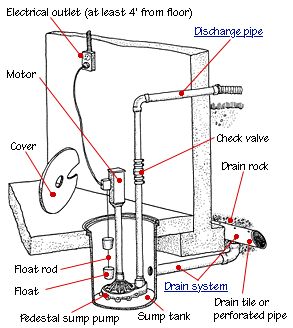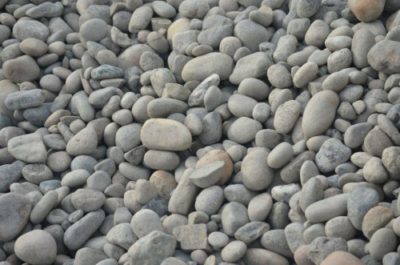Waterproofing A New Home 101

Waterproofing your new home is one of those steps that might not seem as glamorous or important as the other parts in the building of a home, but it’s incredibly necessary. If you want your home to keep its high property value, stay structurally sound, be warm and dry, and be as maintenance-free as possible, you’re going to want to do the best job you can to waterproof it.

This also means it’ll cost you a pretty penny, as it’s not simple to do a comprehensive waterproofing. But the proven solutions are the ones that take into account the entirety of your living space, not just ones designed to keep moisture out of the basement. Drainage, landscape, and the foundation of your home are all important to consider in making sure you have minimal, if any, headaches in the future.
To waterproof your new home, there are some easy steps you can take before making any serious adjustments. When in the process of building, the builders should plan the basement so that it stays dry, and will be easy to drain in the event of flooding. A floor sloped to a sump pump and on a bed of crushed gravel will mean less water seepage and, if worse comes to worse, easy access to a drain. Around the home, they should make sure there is a gradient that allows water to move away instead of pooling around your foundation. Look for these details when purchasing or building a new home. And, of course, there are the little things you the homeowner can deal with personally. Clean your eaves troughs, and have them drain far away from your home. Trees and landscaping are important to maintain as well, as foliage with hearty root systems can make the soil more solid.
Now comes the fun stuff. You’ll want a waterproofing system that not only keeps biological contaminants like mold out of your basement, but one that maximizes your property’s drainage and will stay solid. This means a two-step approach: crushed round stone and waterproof tar. These are two solid methods that will mean less work for you (and more money saved in the future!).
We should say that crushed round stone isn’t just a method – it’s an integral part of the house. A load of 1” round stone poured around the foundation acts as a barrier between the basement and the soil, and its porous nature lets water drain below instead of simply holding it back. It’s also incredibly stable, a solution that won’t need a ton of maintenance and bank-breaking expense in the future. Add an application of tar coating to the concrete on the external walls of your basement, and you’ll doubly ensure that nothing seeps into and damages your house.

Round stone
When researching and inquiring about waterproofing, there’s often one plan that sounds easy, but most definitely is not. A waterproof membrane is often sold as a cheaper solution that can prevent moisture, and it seems nice until you realize what it is exactly: a sheet of rubber glued to your foundation walls. That’s the extent of it. It is directly in contact with the soil and everything crawling or boring through it: roots, insects, rocks, etc. They can tear through the sheet, and once torn, your foundation is in direct contact with the water that was repelled by the membrane. This is because a membrane doesn’t let the water drain away, so it sits and keeps the soil moist. If it breaks, this can cause a lot of costly problems for you, ranging from mold to damaged furniture and foundations.
You don’t just want a barrier, because barriers are not foolproof. You will want something that fits right in with your new home, and will be there to maximize drainage, not keep water right next to your foundation. Crushed round stone is an investment worth making, because it’s a proven solution that won’t let water sit still.
Waterproofing isn’t something to take lightly, but if you do it correctly from the start, you will sleep a whole lot easier!
